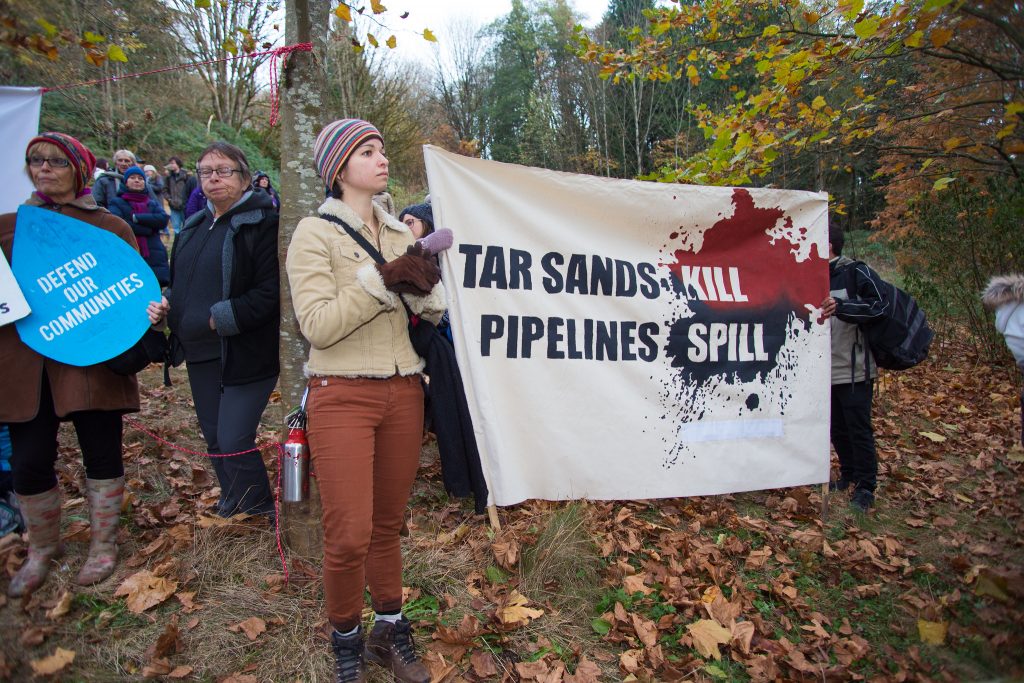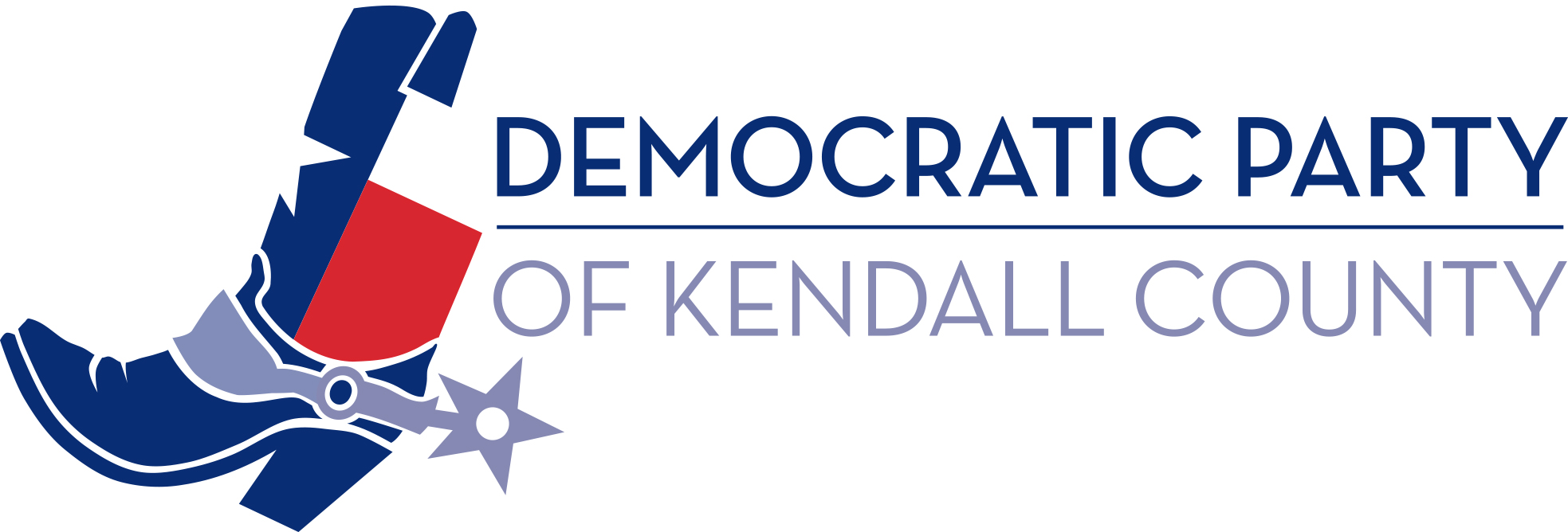by Carol Carpenter
for the “Progressive Views” column, Boerne Star, March 16, 2020

With high fuel prices, a slowing of the US oil production, and the expectation of a greater requirement for biofuels in the future, the administration of President George W. Bush went on a quest for additional sources. The Koch brother’s 50 year investment in the development of Canadian tar sand oil production coupled with their political activism seemed to present a solution. However, after considerable research, Congress passed a bill that President Bush signed into law called the Energy Independence and National Security Act of 2007. Included in the law was Section 526 written by Congress with the intent to make it illegal for the US to use taxpayer dollars to purchase fuels that have a higher carbon emission than conventional oil. The extraction, refining, and use of Canadian tar sand oils, considered the dirtiest oil on the planet, has a much greater carbon content than crude mined in the US.
In spite of Section 526, a permit was secured by Trans Canada Company in 2008 and by 2010, the Keystone Pipeline was running from Alberta, Canada to Steele City, NB, and over to Wood River and Patoka, IL. Phase II of the Keystone Pipeline running from Steele City to Cushing, OK, was in operation in 2011. Phase IIIa, the Gulf Coast Pipeline, running from Cushing, OK to Port Arthur, was operational by 2014. For this pipeline, TC Energy (formally, Trans Canada Co.) took advantage of legal loopholes to secure a US Army Corps of Engineer’s permit and dodged the US Environmental Protection Agency’s more rigorous process requiring public input. Phase IIIb, a line running off of the Gulf Coast Line to the Houston dock, was in operation by 2015.
The Keystone XL (KXL) Pipeline, proposed by TC Energy in 2008, was designed as a shortcut from Alberta’s tar sands through Montana and South Dakota to Steele City, NB where it will hook up with the existing Keystone Pipeline. The pipeline will be constructed by Canadians, run by Canadians, and carry Canadian tar sand oil to the Gulf where it is destined to be shipped overseas. After the pipeline is finished, only 30-50 permanent jobs will be created. Not surprisingly, after a rigorous vetting process and analysis with substantial public input, the US State Department under President Obama declined to grant Keystone XL the permit needed for construction, maintenance, and operation across the US-Canada border. On his fourth day in office, President Trump granted this permit.
Environmental concerns:
- Because of its carbon content, the process of extraction and processing the tar sands oil to make it usable creates three to four times the carbon pollution of conventional crude extraction and processing. Tar sands oil is not like our conventional oil. Tar sands oil has the consistency of thick molasses; it is heavier, more acidic, and more corrosive than our crude oil. It is harder than our crude oil to push through pipelines and harder to detect leaks if it spills into water because it immediately sinks to the bottom of the waterway. TC Energy has admitted the Keystone Pipeline has leaked more than 12 times; on 31 Oct 2019, 378,000 gallons of tar sands oil leaked in North Dakota.
- People and animals coming in contact with tar sands oil are exposed to toxic chemicals. The KXL pipeline would cross 1,073 rivers, lakes, streams, and thousands of acres of wetlands. It runs near 3,000 wells providing drinking water. The extraction process uses considerable freshwater which cannot be returned to the ecosystem; it must be collected in tailings ponds. There are now 1.18 trillion liters of tailings.
Other concerns:
- There are 110,000 farmers and ranchers who produce $41.6 billion worth of food and whose land has been threatened with being repossessed by eminent domain. The KXL blueprints have it running through the Sioux Nation lands which are protected under the Treaties of Fort Laramie 1851 and 1868. According to these treaties, no outside entity can use the land without the consent of the tribe. The Sioux say they will block the pipeline.
- Not only because the automobile manufacturers are producing more fuel-efficient vehicles and developing hybrid automobiles as well as all electric cars, but with fracking in shale beds, the US oil production surged 94% from 2011 to 2018. This created a glut of domestic crude at the Gulf refineries and the need for Canadian tar sands oil diminished greatly.
On his first day in office, President Biden canceled TC Energy’s cross-border permit to build the Keystone XL Pipeline.



